Tomato Hybrid Seeds (Solanum lycopersicum)
Tomato Hybrid Seeds,Growing from tomato hybrid seeds offers many advantages, especially for gardeners seeking high productivity, disease resistance, and uniformity in their crops. With proper care, including consistent watering, nutrient management, and pest control, hybrid tomatoes will reward you with a bountiful harvest of high-quality fruits. Though seed saving is not practical for hybrids, their robust growth and reliable performance make them a favorite choice for many home gardeners.
- Estimated Delivery : Up to 3 business days
- Free Shipping & Returns : On all orders over ₹550 in Bangalore
Tomato Hybrid Seeds, Hybrid tomatoes are specially bred varieties that offer advantages like higher yields, disease resistance, and consistent fruit quality. These varieties are popular among gardeners looking for reliable performance and uniform results.
1. Seed Selection
• Select hybrid seeds from a reputable source.
• Choose hybrids that offer traits like disease resistance (e.g., to blight, wilt, or nematodes), early maturity, and high yield.
• Consider the plant’s growth habit (determinate or indeterminate) based on your space and growing preferences.
2. Planting Time
• Start seeds indoors 6-8 weeks before your area’s last expected frost date.
• For tropical or warm climates, sow seeds during cooler months, avoiding peak summer heat.
• Transplant outdoors once soil temperatures are consistently above 60°F (16°C) and the risk of frost has passed.
3. Soil Preparation
• Prepare well-draining, loamy soil enriched with organic matter.
• Aim for a soil pH of 6.0-6.8, which is ideal for tomato plants.
• Mix in compost or well-aged manure to improve soil fertility and structure.
4. Seed Sowing
• Sow seeds ¼ inch deep in seed trays or pots, spacing them 1-2 inches apart.
• Maintain a warm environment (70-80°F or 21-27°C) for optimal germination.
• Thin seedlings once they have 2-3 true leaves, keeping the healthiest plants.
5. Germination
• Hybrid tomato seeds typically germinate within 5-10 days, depending on temperature and moisture levels.
• Keep the soil consistently moist but avoid waterlogging, which can lead to damping-off disease.
6. Watering and Care
• Water regularly to keep the soil evenly moist, especially during flowering and fruiting stages.
• Mulch around the base of the plant to retain moisture, prevent weed growth, and stabilize soil temperature.
• Provide support with stakes, cages, or trellises, especially for indeterminate varieties that continue growing throughout the season.
7. Fertilizing
• Apply a balanced fertilizer (NPK 10-10-10) when transplanting to encourage strong root and stem growth.
• During the flowering and fruiting phases, switch to a high-phosphorus fertilizer to promote better fruit set and development.
• Avoid excessive nitrogen, which can lead to lush foliage at the expense of fruit production.
8. Pests and Diseases
• Monitor for pests like aphids, whiteflies, and tomato hornworms. Use neem oil, insecticidal soap, or organic pest control methods as needed.
• Common diseases include blight, powdery mildew, and wilt. Hybrid varieties are often bred to resist these issues, but practice crop rotation and good hygiene to further reduce the risk.
• Ensure good air circulation by spacing plants properly and avoiding overhead watering to prevent fungal infections.
9. Harvesting
• Harvest tomatoes when they are fully colored and slightly soft to the touch.
• Pick fruit regularly to encourage more production.
• Hybrid tomatoes often have a longer shelf life than heirloom varieties, making them ideal for storage and transport.
10. Seed Saving
• Unlike open-pollinated varieties, hybrid seeds do not produce true-to-type plants in the next generation.
• It is not recommended to save seeds from hybrid tomatoes, as the offspring will likely be genetically inconsistent and may not retain the desirable traits of the parent plant.
Conclusion
Growing tomato hybrid seeds offers many advantages, especially for gardeners seeking high productivity, disease resistance, and uniformity in their crops. With proper care, including consistent watering, nutrient management, and pest control, hybrid tomatoes will reward you with a bountiful harvest of high-quality fruits. Though seed saving is not practical for hybrids, their robust growth and reliable performance make them a favorite choice for many home gardeners.

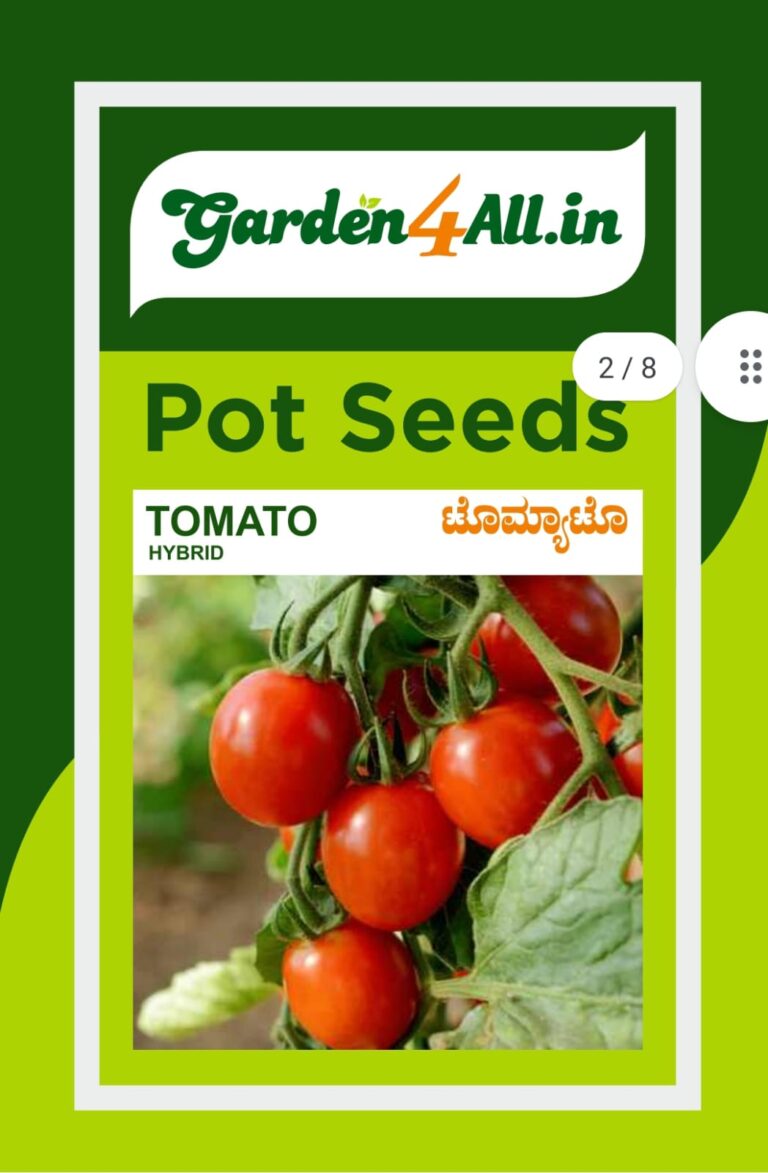
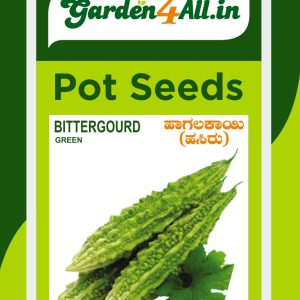
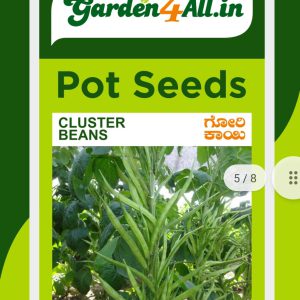
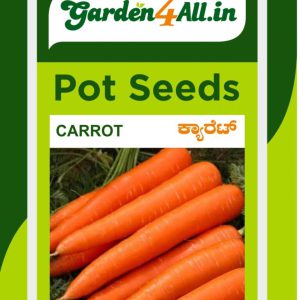
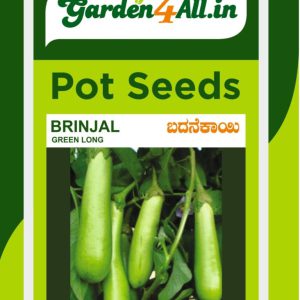


Reviews
There are no reviews yet.